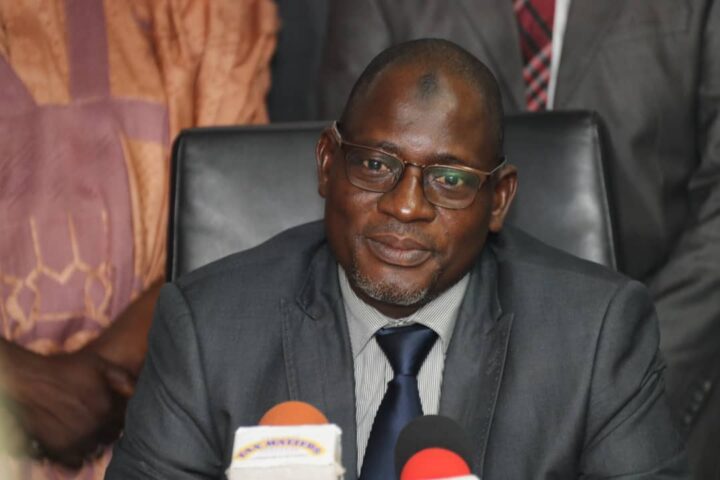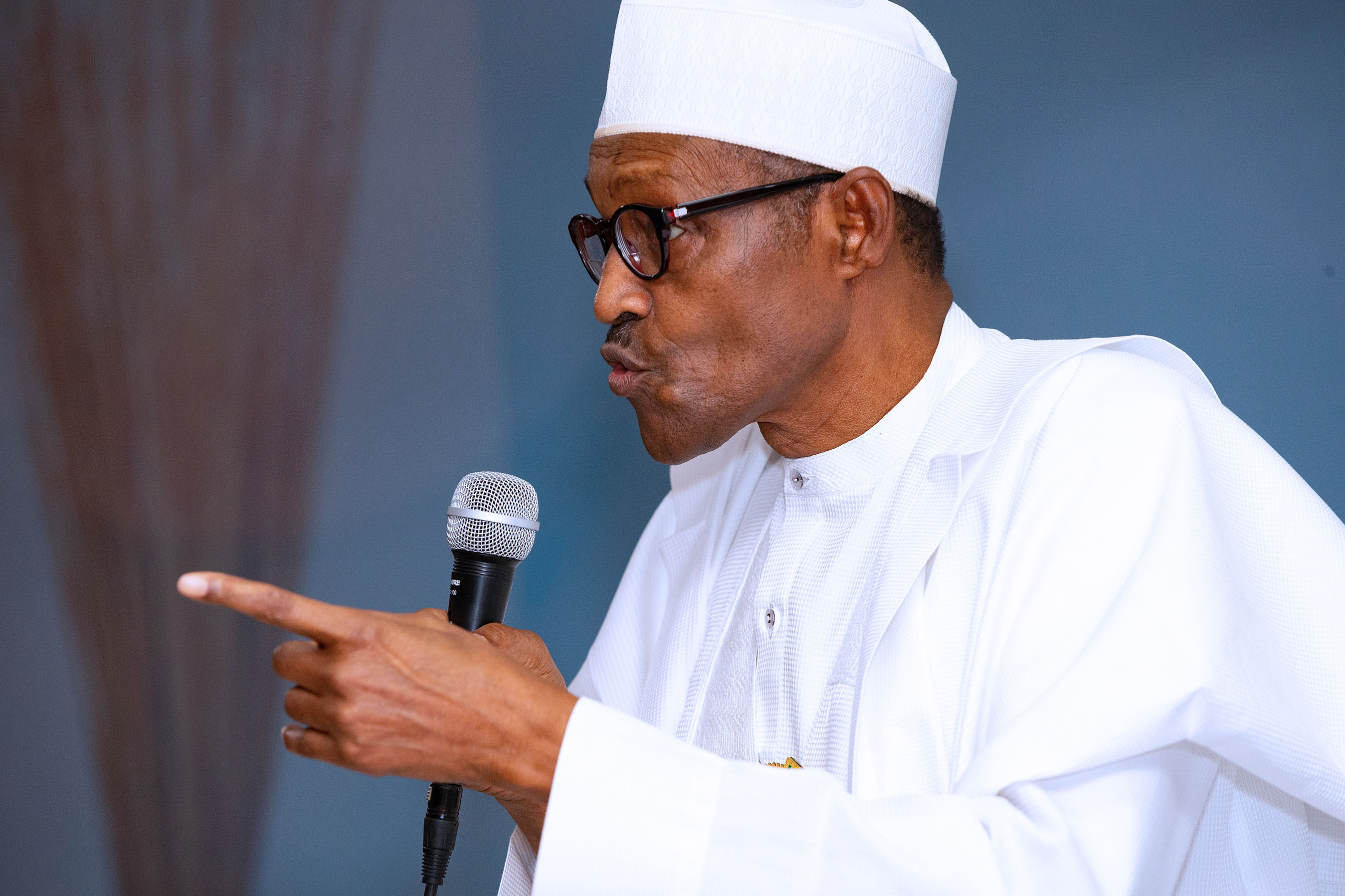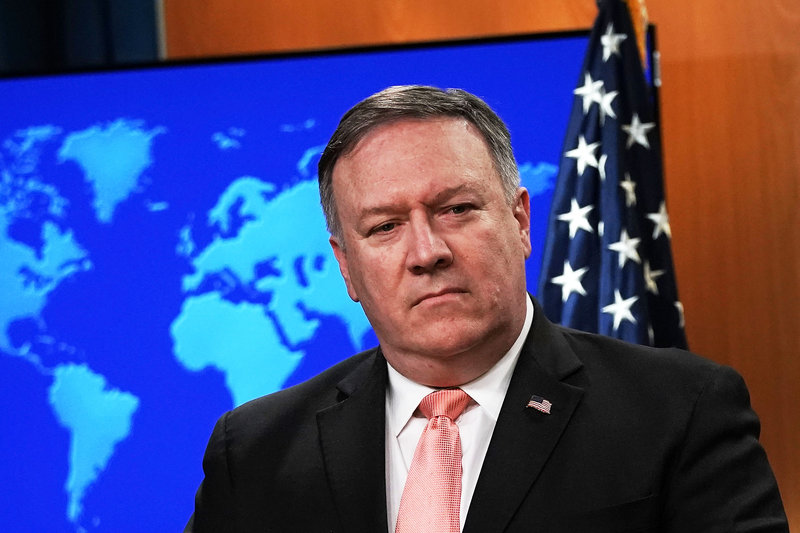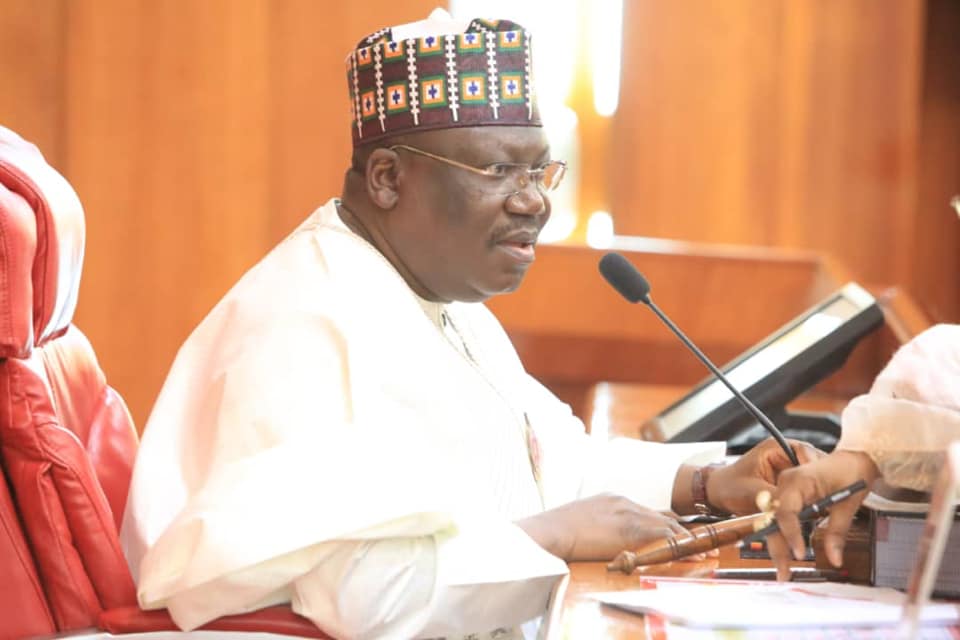Religion often does the job. It promises a tomorrow somewhere that is a lot better than here today. And that promise is hinged on supernatural and historical precepts, that often require nothing else from the believer than the worship of the Almighty. Religion therefore makes many complacent, even as it also empowers a good number, imbuing them with the spirit of earthly achievement. In the main, religion in Nigeria has lulled the senses of most of our citizens to sleep for two major reasons.
The first is the promise of a better tomorrow, which vitiates the need to struggle so much to achieve anything today, or to even take to heart, whatever today serves up. This is despite that fact that our reality today is shaped by men, who often constitute themselves into God in our lives. Many are however convinced that whatever our leaders do, is done by God himself. The second big reason for this deadening of senses is that some brands of religion in our land clearly instructs the believer to focus only on the self. It is what you get from God that matters. In this precept, there is no concern for society at large and hardly a sense of collective development. Most Nigerians are religious, one way or another, and most if not all those who emerge as leaders here are deeply immersed in matters spiritual, often engaging a battery of prayer warriors, priests, soothsayers, stargazers, marabouts, babalawos, dibias and other forms of shamans.
If that was where our problems ended that would have been great. But there are other reasons for the current inability for most of our people to see the need for collective development, or particularly, for us to see why we need to struggle for society; our society, to get better. Our leaders have since got smart. We are like dough in their hands and they have molded our minds into what exactly the shape they want, oftentimes by imposing punishment, deprivation and other such conditioning. There is a way you make a people suffer inter-generationally that any contrary thinkers amongst them will become endangered species. If the society itself does not kill off such a person, he will have to eject themselves from society when the uphill task becomes unbearable. Usually, the fact that this contrarian person is disconnected from society leads to some sort of poverty, or reduced prosperity – compared to those who have no scruples from playing the game the way ‘it is supposed to be played’ by being yes-men and bagmen to the powers that be. So everyone sees the foolishness of the contrarian, and no teenager wants to grow to be like him.
When the story shall be told, a very great experiment has been made of Nigerians, by successive politicians. That is why in spite of the myriad of problems, and even as most citizens of other nations – many of which could validly be considered to have shown their people more respect than Nigeria has since her independence – almost every Nigerian believes there is no need for any protest. Many equate protest with war, and do not see how such a process could unite grassroots people who are divided almost from birth by the same tribal and religious fissions. Many don’t believe that the Nigerian entity as constituted could ever work, so they dream of a day that their exceptional, special tribe will be able to emerge, cut itself loose from the underachieving entity and march on to nirvana. Every Nigerian has a reason why we should not complain even if every other people in every nation are on the streets demanding for a better life, or respect, or inclusion, or just exercising their civic right to protest. Fela Kuti once sang about that selfishness and lack of perspective which made us this way. In truth, we have become worse since Fela… more detached, more selfish, more narrow-minded in spite of the rise of technology which has connected us with the rest of the world. In fact, that may be the very problem; for like in the days that the white men first landed black Africa – as told by them – we are still captivated by mirrors, tobacco, and other inconsequential smoke-and-mirror (pun intended) items, that we don’t care how many of our brothers are sold into modern internal slavery, or how many die in the Sahara because governance at home just has no plans for anybody.
Advertisement
In the final analysis, the average Nigeria has very little dreams, and no big vision about what his nation should be like. Like Lugard noted in his 1922 book, it can now be confirmed that indeed we have no apprehension about tomorrow. Our faculties are probably unable to consider consequences beyond today. Like Livingstone noted in his writings to the Christian Missionary Society (CMS), all that perturbs us is immediate food to gorge our bellies, meat in excess, and wine to make us stagger into sexual orgies, until these momentary possessions dry up and we start whining. We need to understand how to march based on issues, and how to push back against elites and the establishment, because if we don’t, nobody will concede any space for us especially in this wicked world of global economics where winners take it all.
So it is fitting for us to see what other peoples are protesting about. It is also important that we note that protests are taking on a global form and that the fact that we are busy discussing personalities puts us out (in addition to all our embarrassing problems) as an unthinking people who are yet to fully evolve to the level of others around the world. We cannot be begging for our people to be granted asylum in the most innocuous country in the world, yet taking no action whatsoever to even help ourselves. We are instead on each other’s necks for tribal and religious differences. The world is probably wondering why we haven’t made it past the level of ‘tribesmen’ as described by ancient Greek social philosophers, and emerged as proper citizens who understand the value and methods of collective living in big cities (civilization), and the need to plan for their unborn children. For example, a big issue on hand for us is our debt burden and the fact that we have cooked a major crisis for our children. But instead of having a good intellectual discourse about this, what we have are those who curse leadership on one hand and then veer off the issues, and on the other, those self-appointed modern-day Joseph Goebbels who mount spirited Messiah-worship-driven defense of a terrible situation on behalf of not Nigeria, not policy, but simply, Buhari… someone who is only mortal and will depart at some point whether anybody likes it or not. Where is our intelligence as a people? It’s even sadder that in this same country in 1986 (33 years ago), and under a military government led by General Babangida, Nigerians debated these debt issue at the behest of the government of the day. Today we live under fear of victimization to even think of some issues!
So please let’s go back and examine what is up around the world.
Advertisement
As I type this my eyes caught CNN. There are mass protests against President Trump in the USA. Many Americans want him impeached because even though he is uber-American in his interests, they don’t like his brash, used-car salesman ways. He was subsequently impeached by the House of Reps and now faces a Senate investigation whether he should be removed from office. In Britain, people are on the streets after Boris’ election, because they believe they can’t afford to be led by someone with such a racist past. Those who voted Boris are in the majority; deprived people from the Midlands whose coal mines and industries were shut down as a result of right-wing Thatcherite policies in the 80s, and who, like everyone else, have been exploited by the financial markets which Thatcher built to replace manufacturing. These people blame immigrants for their woes and right-wing Boris has helped prod them down that direction. Still the anti-Boris people are expressing themselves even if they can’t remove an elected man. In India, massive protests are everywhere. In one of them, I saw they were simply riled that the state government was using taxpayers’ money to pay for unnecessary advertisements. In France, 800,000 people have occupied the streets over government plans to reform the pension systems (in Nigeria, we allow individuals to steal billions of our pensions and government simply borrows the rest, yet we can only think of our next bowl of amala and ewedu). In Italy people are protesting over government harsh immigration laws that seeks to lock out mainly Africans seeking refugee status in that country – most of them Nigerians. In Chile it is about a 3 % increase in transport fares. In Bolivia it is about the ‘coup’ that ousted Evo Morales. In Hong Kong it is about extradition and other laws that China mainland wants to import into the territory. In Indonesia, it is because of attempts to weaken anti-corruption laws and reduce citizens’ rights. In Lebanon and Iraq people are protesting against the political system, and in Chile and Iraq they are protesting austerity measures in general. In Canada, women’s movements have been protesting. Everywhere – Venezuela, Israel, Austria, Germany, New Zealand, Spain. It is about the climate, inequality, bad policies, and so on. The list goes on.
I have three points to make. First is that we must move away from this idea of commercial protests here. Most people who do anything are doing so for the money. Even government people simple go to Mararaba bus stop to recruit protesters for as low as N1,000 per day and put placard in their hands. Often these poor people are duped, leading to complaints captured by TV. Secondly, what we are seeing around the world is a situation where the citizens are stepping up as internal control for society as a whole. No system is perfect, but since government is about the people and people must live in societies, people must continue to set their governments right, else what you have is despotism. People are saying the current Nigerian government has evolved into such at present, with the president and his loved ones reveling in his being called a Major General. Wrong way to go. We must grow up and become proper citizens of a modern civilization. It is a process and not a destination and that is why we see peoples of societies and countries that we run to for everything – education, health, security equipment, tourism – still protesting one thing or another.
Third, and to round it up, I have only one proposal. And that is that government in Nigeria can be proactive by stepping into this peace of the graveyard, by doing right by the people. On the subject of Sowore’s RevolutionNow, I had advised that government could buy into the revolution rhetoric. I saw that Boris Johnson declared he was going to be running a revolutionary government as a pushback to those who hate his guts. He is promising broad reforms in government – to save taxpayers money. A sitting government can run a revolutionary government. It depends on how they spin it. With the depth of the problems we have created for ourselves in this country, any wise government will be anchoring the revolution right now, rather than living in its own cocoon, pushing back with force against the people’s agitation, or wishing it doesn’t happen. It is also important that government is proactive and quick, in order to prevent what our people desire the most (civil war or separation). The unity of the country has not been more fragile. I believe the emotions of the people must be managed by the government.
On the contrary what we see here are attempts to rub salt to the injury of the people. It is either we are bingeing further on foreign loans and damning the people whose children have to pay, or the National Assembly is using N37billion to renovate their buildings which was built for N7bn years ago, or state governors are spending huge allocations however they like and without reverting to the people who ‘voted’ them in. Thankfully, Mr Femi Adesina, eulogizing his boss at his 77th birthday, in a write-up, stated that Buhari would be on record as the first leader to have started a ‘revolution’. I hope he didn’t regret the write-up once it hit the press, because the word had been as good as banned in Nigeria. Mere day-to-day governance is not what Nigeria needs anymore. We need a sense of urgency. We need real actions that take us in a different direction, away from self-destruction. We need to start taking our destinies in our hands, constructively, as a people. What more can one say?
Advertisement
Views expressed by contributors are strictly personal and not of TheCable.
Add a comment






